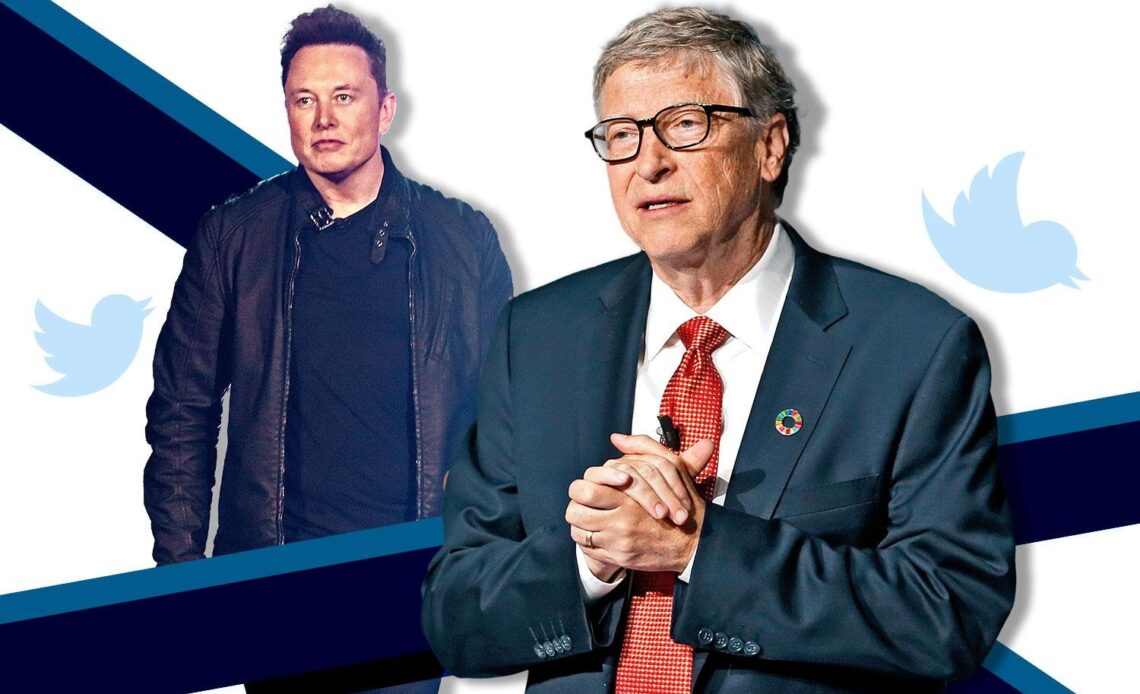The new U.S. tax policy, recently introduced by lawmakers and endorsed by the current administration, marks a significant shift in how the federal government plans to regulate and tax the nation’s wealthiest individuals. Among those likely to feel the impact most are tech titans Elon Musk and Bill Gates—two of the richest and most influential figures in the world. With fortunes tied to stocks, investments, and diversified assets, both are positioned uniquely within the scope of the new tax regulations.
This article delves deep into the structure and goals of the new policy, examines the implications for Elon Musk and Bill Gates, explores potential changes to their financial strategies, and considers broader economic consequences. The focus is on long-term wealth management, possible legal resistance, and the political ramifications of targeting billionaire wealth in an increasingly divided society.
## Understanding the New U.S. Tax Policy
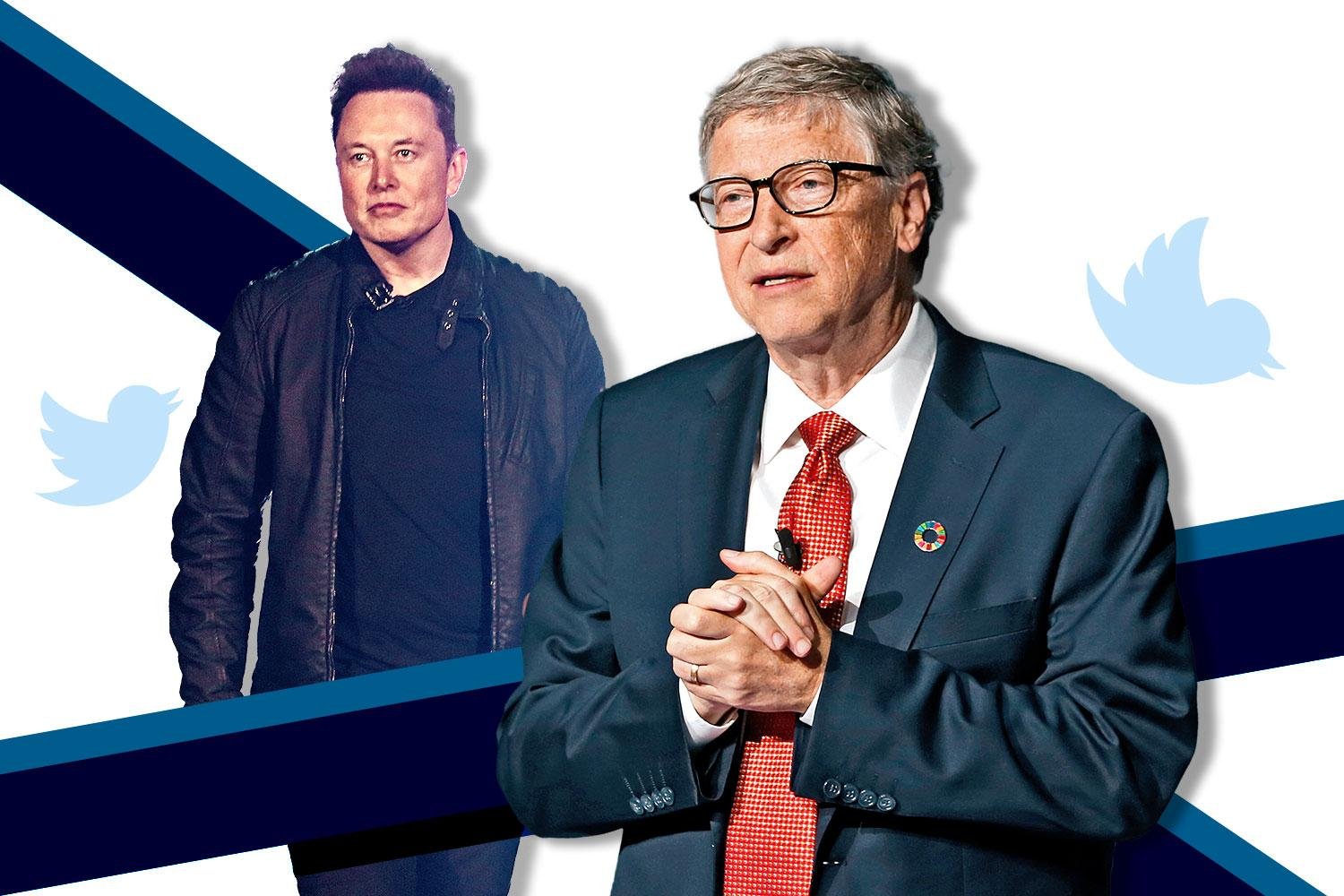
The core objective of the newly proposed tax law is to reduce wealth inequality by targeting high-net-worth individuals. For decades, billionaires have used complex financial instruments and loopholes to defer or minimize tax obligations. This new policy seeks to close many of these loopholes and enforce a more consistent and equitable taxation system.
The most impactful components of the new tax plan include:
– **Capital Gains Tax Increase**: For individuals earning more than $1 million annually, capital gains—profits from the sale of stocks and other investments—will now be taxed at ordinary income rates, potentially up to 39.6%, almost double the previous rate.
– **Billionaire Minimum Income Tax**: A minimum 20% tax on total annual income, including unrealized capital gains, for individuals with more than $100 million in assets.
– **Changes to Estate and Gift Taxes**: The exemption limits are being lowered, meaning more wealth will be subject to taxation when transferred through inheritance or gifts.
– **Increased IRS Oversight**: The policy includes provisions for enhanced IRS resources, allowing the agency to scrutinize complex financial structures more effectively.
The legislation reflects a growing sentiment in Washington that billionaires must contribute more substantially to the nation’s fiscal responsibilities, especially as income inequality continues to widen.
## Elon Musk: A Fortune Built on Innovation and Stock Holdings
Elon Musk, the CEO of Tesla, SpaceX, and several other ventures, has amassed a fortune estimated to exceed $200 billion. However, his wealth is almost entirely tied to the value of Tesla and SpaceX shares, making it heavily reliant on market performance. Unlike traditional income earners, Musk rarely receives a regular salary and instead depends on capital appreciation of his holdings.
### Impact of the New Tax Policy on Musk’s Wealth
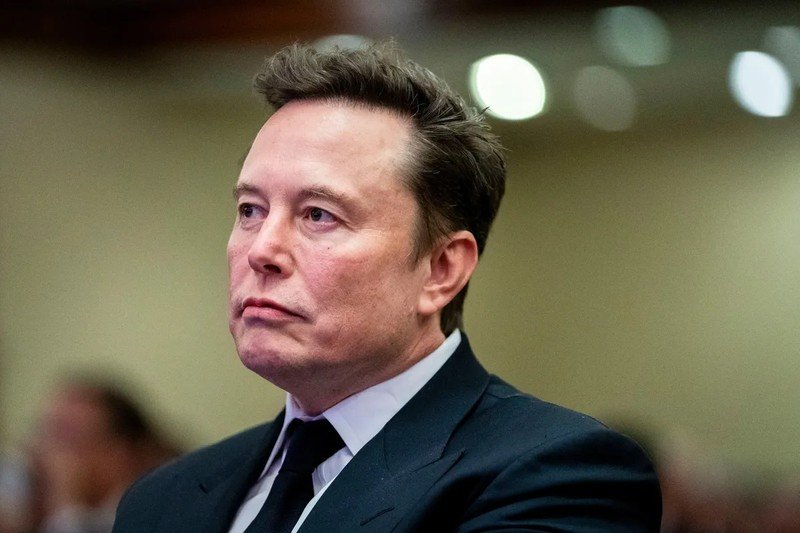
The most direct impact will come from the taxation of unrealized gains. Under the new law, Musk may be required to pay taxes on the increasing value of his stocks, even if he doesn’t sell them. For someone whose wealth is largely paper-based—meaning it exists mostly in the form of stock value—this represents a massive shift.
The increase in the capital gains tax rate is another major concern. Historically, Musk has avoided selling stock to limit his tax exposure, opting instead to take out loans using his shares as collateral. This strategy, while effective under prior laws, is now being scrutinized. If borrowing against stock is no longer a viable way to avoid taxes, Musk may be forced to sell significant portions of his holdings to cover his tax obligations, potentially impacting the market.
Furthermore, any transfer of wealth, either during Musk’s lifetime or after his death, will be subject to steeper estate taxes, complicating long-term succession planning for his businesses and philanthropic ventures.
### Musk’s Possible Strategic Moves
Elon Musk is well known for his outspoken opposition to government intervention and regulation. It’s highly likely he will resist these changes publicly, possibly even funding legal challenges to the policy. In terms of strategy, Musk may:
– Increase donations to his charitable foundations, reducing taxable income while boosting his public image.
– Accelerate investments into international ventures or relocate certain operations outside U.S. jurisdiction.
– Explore cryptocurrency or decentralized finance as a means of storing wealth in less-regulated environments.
Musk’s history suggests he is not one to quietly accept governmental overreach, so the policy could spark a legal or political standoff involving one of the world’s most high-profile billionaires.
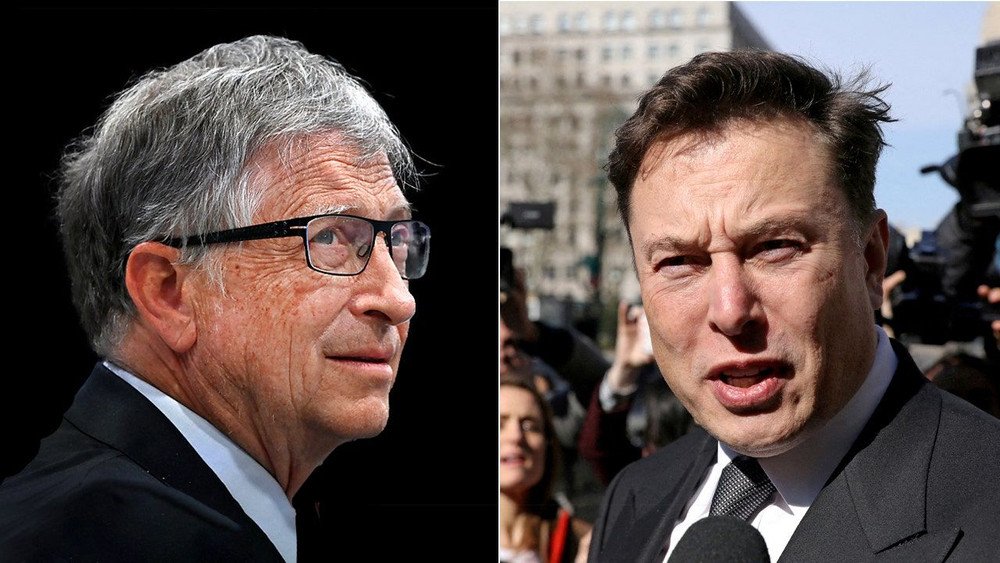
## Bill Gates: A Diversified Portfolio with Philanthropic Intent
Unlike Musk, Bill Gates has gradually stepped back from Microsoft and diversified his wealth across a wide range of investments. His net worth, which fluctuates around $130 billion, comes from holdings in real estate, energy, agriculture, and global equities. In addition, Gates has transferred billions into the Bill and Melinda Gates Foundation, one of the world’s most powerful charitable organizations.
### How the Policy Affects Gates’ Financial Structure
The new tax rules could affect Gates differently than Musk, but no less significantly. Since Gates owns a broader mix of asset classes, his exposure to any one market is lower, but the policy’s broader scope means nearly all of his holdings are under some level of threat.
Taxing unrealized gains will hit Gates’ investments in stocks and real estate particularly hard. Although many of these assets generate regular income through dividends or rent, the majority of Gates’ net worth still depends on appreciation. The policy could require him to pay substantial taxes each year, regardless of whether he sells any assets.
Gates has also committed to giving away the majority of his fortune during his lifetime. However, changes to estate and foundation taxation could limit how much of his wealth can be donated tax-free. Even large nonprofits like his foundation may face tighter restrictions, more audits, and potential taxation on certain transactions or endowments.
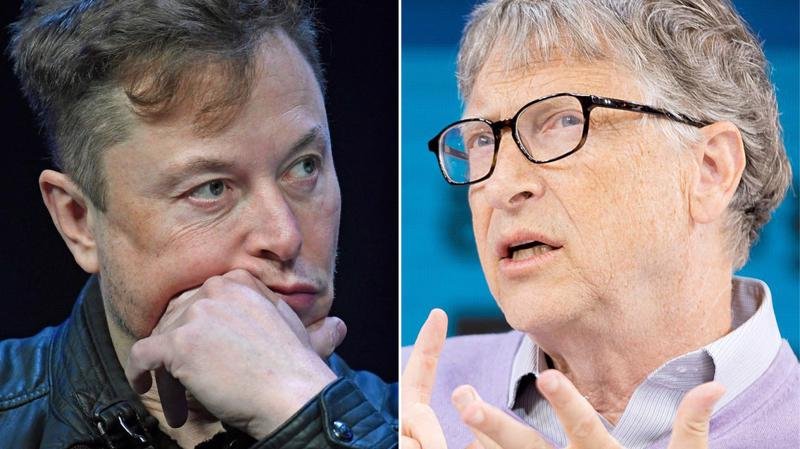
### Gates’ Likely Response
Bill Gates is known for his diplomatic approach and support for certain tax reforms. While he is unlikely to publicly oppose the policy in the way Musk might, he will almost certainly work with financial experts to optimize his holdings. His likely strategies include:
– Restructuring charitable contributions to align with new tax laws while preserving philanthropic goals.
– Investing more heavily in foreign markets, where U.S. tax authority is less direct.
– Utilizing trusts and financial instruments designed to shield assets from taxation legally.
In addition, Gates may become an influential voice in shaping how such policies evolve. Through lobbying or advisory roles, he might work toward ensuring the policy does not inadvertently hurt charitable giving or long-term public health and education projects.
## Economic and Market Implications
Taxing the ultra-wealthy always carries risks of economic ripple effects. With Musk and Gates among the largest asset holders in the country, changes in their financial behavior could affect stock markets, venture capital, and global philanthropy.
If billionaires like Musk are compelled to sell stock to cover tax bills, it could lead to large-scale market disruptions, particularly in tech stocks. Investors might panic if they see massive sell-offs from insiders, potentially leading to lower share prices, reduced company valuations, and even job losses in affected companies.
There’s also concern that such policies might deter innovation. Billionaires often fund startups, space exploration, clean energy, and scientific research. A tighter tax regime may discourage them from making bold investments, particularly if the financial rewards are diminished.
From a government perspective, the tax policy could generate billions in new revenue. If implemented effectively, it could help fund public programs in healthcare, education, and infrastructure. However, if billionaires aggressively seek loopholes or move their money offshore, the actual gains could fall short of expectations.
## Legal and Political Challenges Ahead
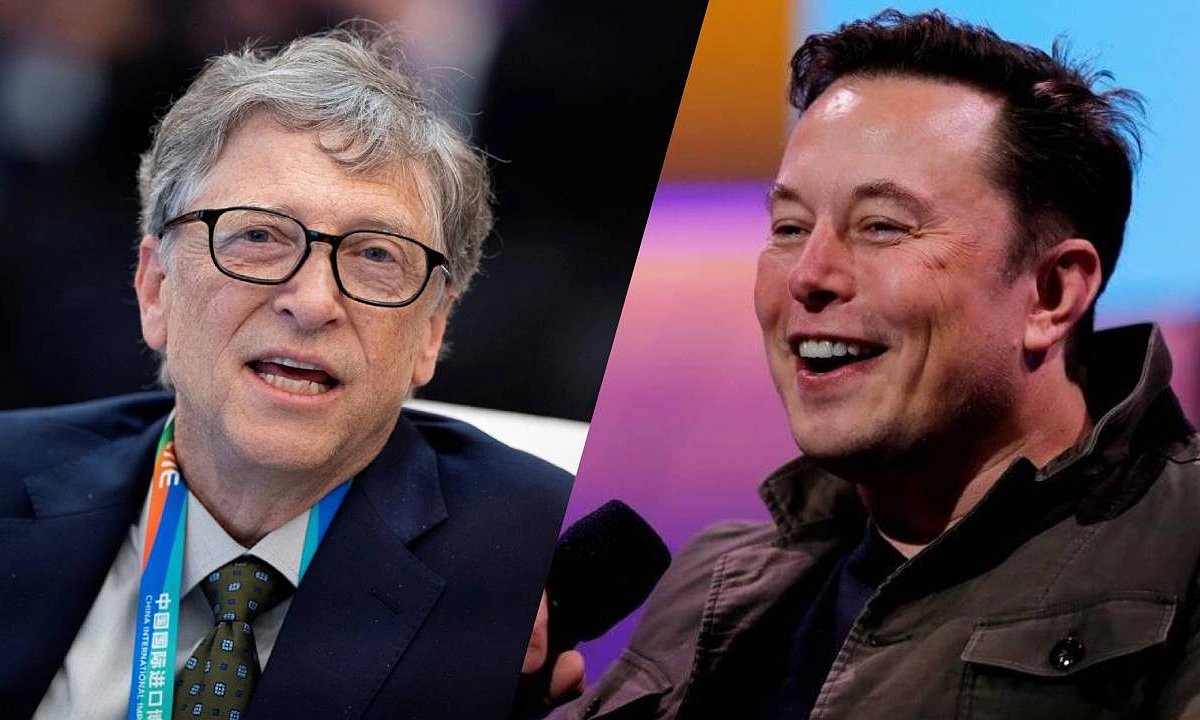
Taxing unrealized gains is a controversial move that many legal scholars believe could face constitutional challenges. Critics argue that income should not be taxed until it is “realized”—that is, converted into actual money through a sale or transaction. By taxing paper wealth, the government may be opening itself up to lawsuits, potentially escalating to the U.S. Supreme Court.
Elon Musk, known for his clashes with regulatory bodies, is seen as a likely candidate to lead such a legal challenge. Meanwhile, political opponents of the administration may use the tax policy to rally support from business leaders and the wealthy elite.
At the same time, proponents argue that the policy is a necessary step toward fairness. Middle-class Americans pay a higher percentage of their income in taxes compared to billionaires who can afford elaborate tax strategies. Closing the gap is seen as essential to restoring public trust in the tax system.
The issue is bound to remain central in political discourse, especially during future elections. Whether the policy is upheld or modified will depend on both judicial interpretation and the shifting winds of public opinion.
## Conclusion
The new U.S. tax policy represents a historic moment in the nation’s economic philosophy. By directly targeting the wealth of individuals like Elon Musk and Bill Gates, the government is attempting to address systemic inequalities in the tax code. For Musk, the challenges are immediate and substantial, as his fortune is closely tied to volatile stock values. For Gates, the changes require careful financial navigation, especially in the realm of philanthropy and estate planning.
Both billionaires will need to rethink their financial strategies, and their decisions will likely shape how other wealthy individuals respond. The broader economic implications remain uncertain, but one thing is clear: the age of tax-free billionaire growth may be coming to an end.
The next few years will be crucial in determining whether this policy achieves its intended goals or simply triggers new rounds of avoidance and legal conflict. In the meantime, the world will be watching how Musk and Gates adapt to a financial world where even the richest are no longer exempt from the taxman’s reach.
